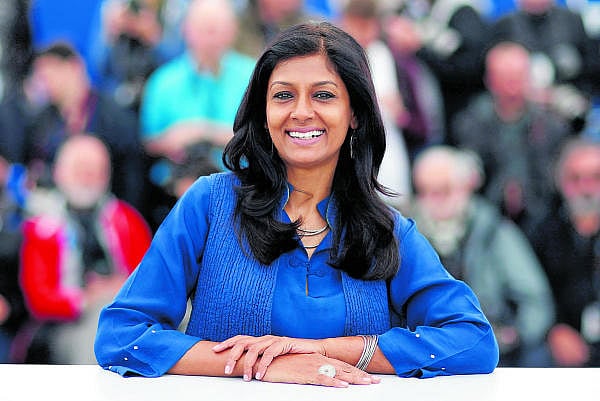Nandita Das, actor, filmmaker is currently celebrating the rave reviews of her film Manto. Known for her performances in Fire, Earth and her directorial debut Firaaq, she has acted in about 40 films in many languages. In an interview, she talks about her recent film on Sadat Hassan Manto. Here are the edited excerpts:
Tell us about the process of making ‘Manto’...
I began working on this project in 2012. It was the centenary celebration of the writer. A lot was being written about him then and I thought he was as fascinating as his stories. My first draft was a 10 years story spanning from 1942 to 1952. However, It was narrowed down and the focus was just four significant years of his life, a time period before and after the Partition.
Was Nawazuddin Siddiqui your first choice for ‘Manto’?
Yes. I thought of him right from the time I was thinking of the script, and he was really excited, too. He did this film for free.
Manto was a controversial character...
I think anything worth talking about will be seen as provocative today. That said, we did not make this film because he was a controversial figure. Manto fought for the freedom of expression and was tried six times for obscenity for the writing we celebrate today. The audience today wants to see believable characters on screen and Manto is a character with many layers and shades. He holds a mirror to the society and speaks for the marginalised, women and sex workers.
You started off as an actor and you’re a director now. Do you follow the work of other directors?
I learn from life and the people I meet. I don’t think I’ve studied any director in particular or followed his or her style. For me, creativity is getting influenced by everything around me and telling a story.
Do you think filmmakers in India are vulnerable to pressures these days? Is the artistic freedom at stake?
Well, I still managed to do the film. As filmmakers, we need to be fearless and be able to tell our stories. Especially because we must show what is happening around us. As for censorship, Manto had a few cuts. Initially, there were many but I explained to the board that I had no intention to sensationalise things. I think in order to change we must be more conscious and fearless. With self-censorship and fear, there’s no point in being a director.
Did you choose to premiere the film at the Toronto International Film Festival?
Well, the film premiered at the Cannes Film Festival actually. TIFF is a special premiere as I started my festival journey here. Fire was shown here in 1996.
India has finally done away with Section 377, what’s your take on that?
I am very happy about it. This is an issue of social justice and human rights. Who are we to tell someone not to be in love? We should be against hate, lynching and the kind of intolerance we are seeing in the country. Why should one stand in judgement about anyone else’s choice or sexual preference? I think it was long overdue but I am very happy that finally homosexuality has been decriminalised in India.
